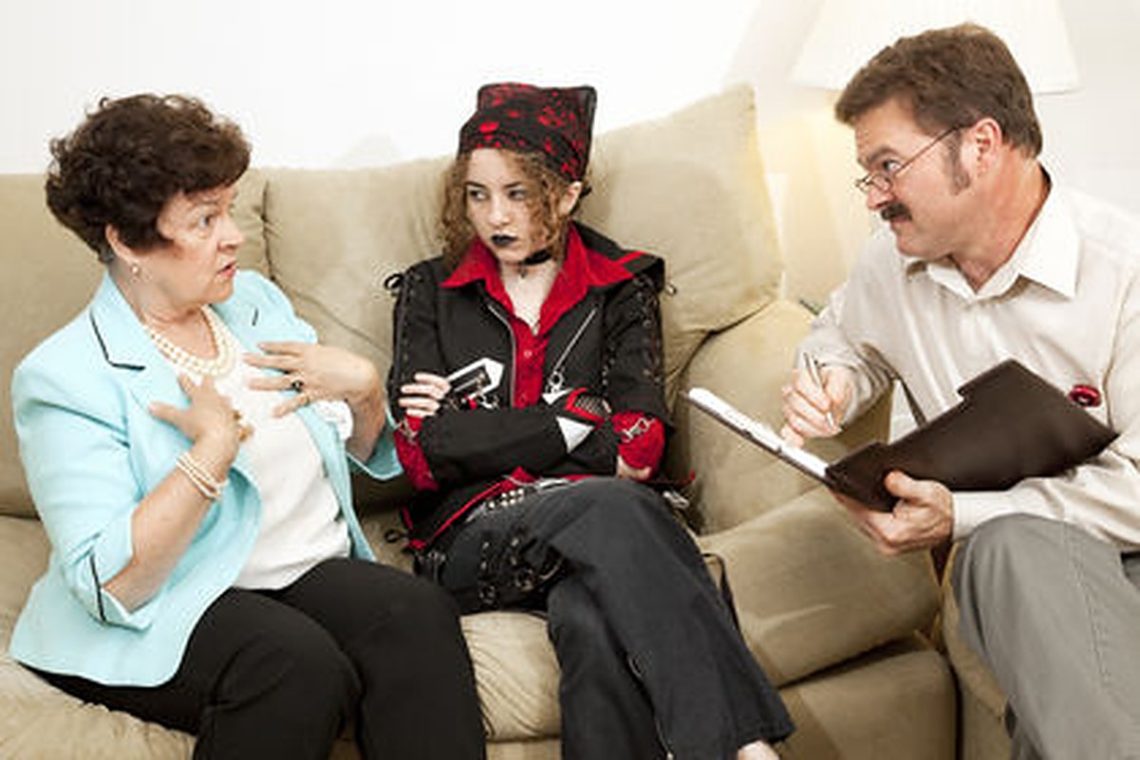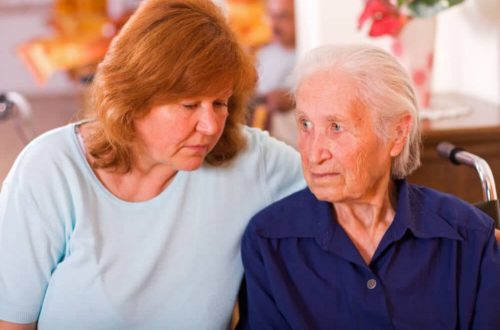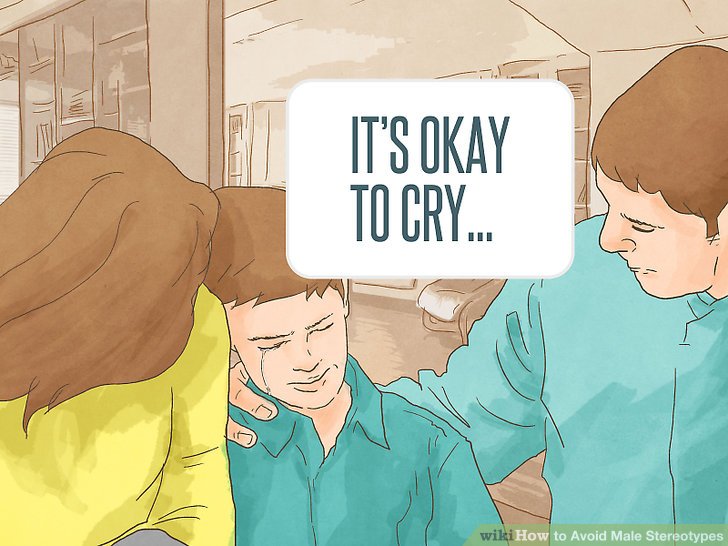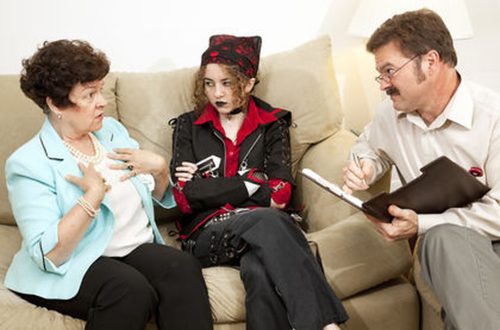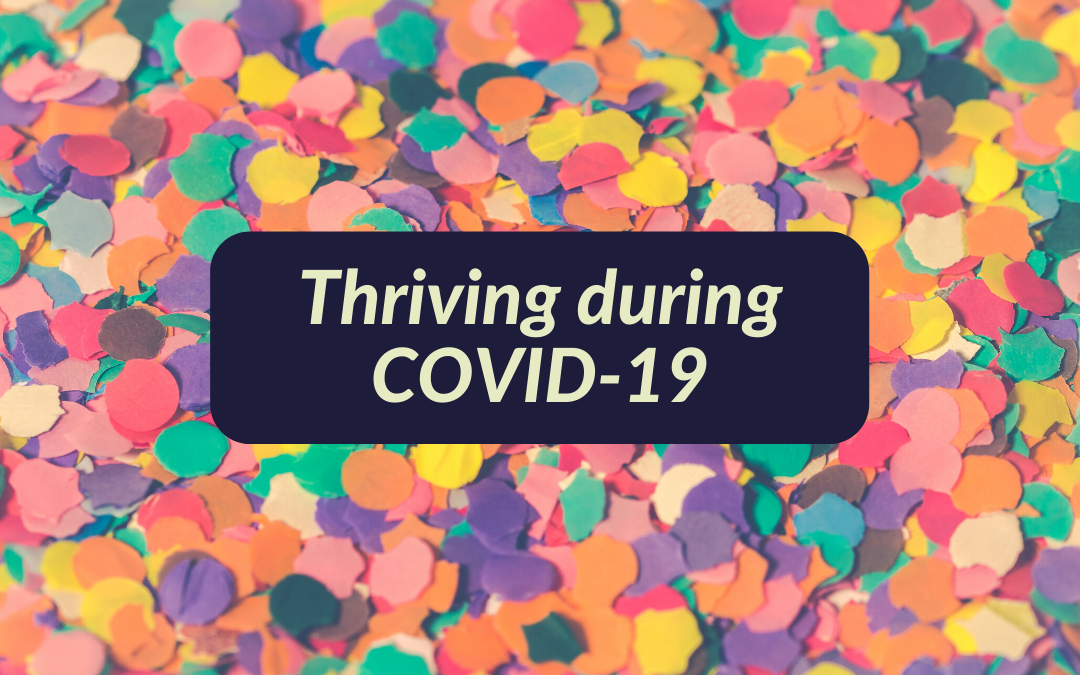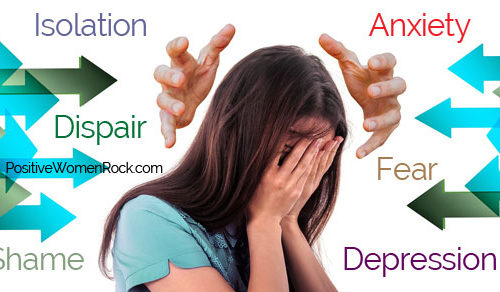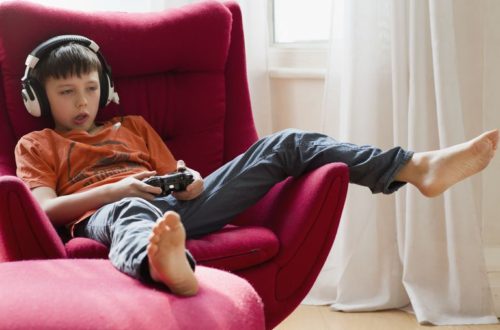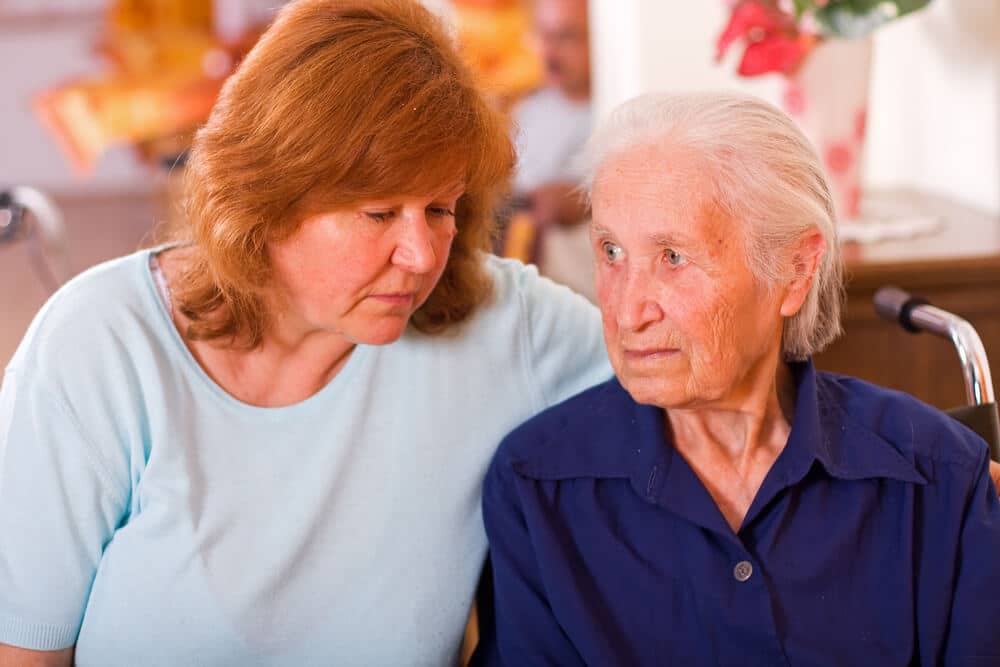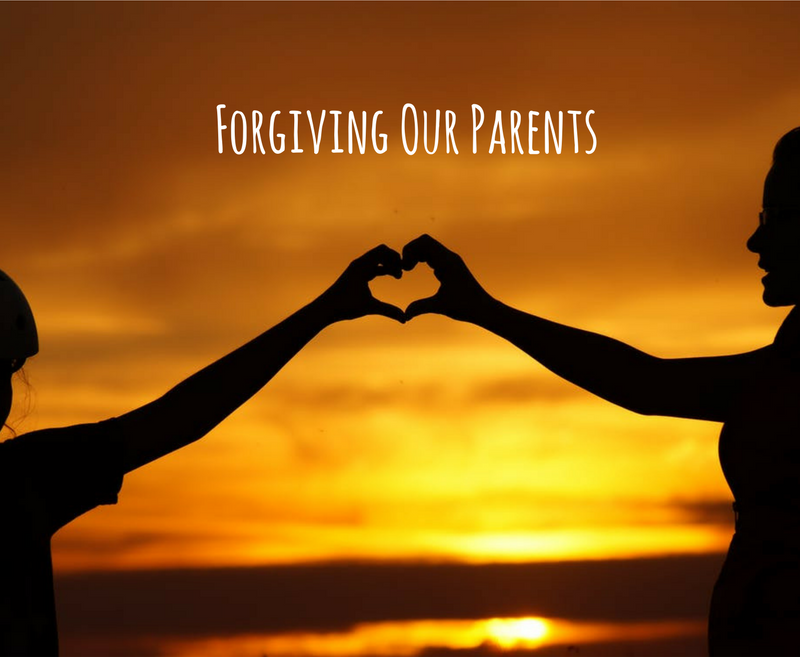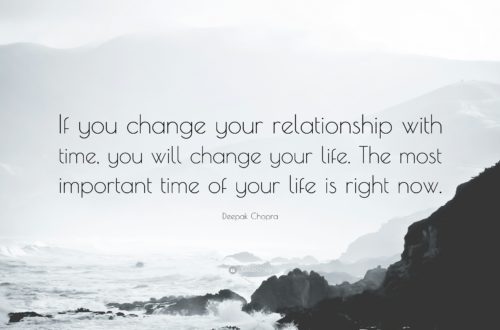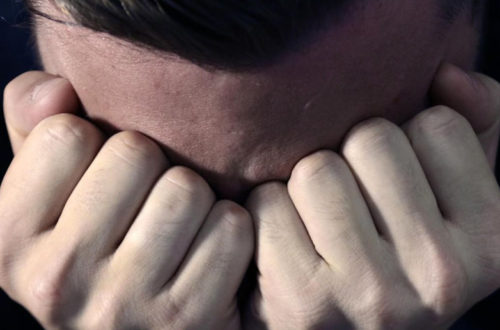Suppose you’ve become concerned about some of your child’s behaviors, and you decide it’s time they see a therapist. Maybe your son is “gaming” too much, and his grades are dipping. Perhaps your daughter isolates herself in her room, and rejects social opportunities. Your first response is to tell your son what he should be doing, or insist your daughter talks to you. As a parent, it makes sense that you would become anxious to the point of agitation. Parents are always terrified about the short and long term impacts of problematic behaviors. Your child ignores your efforts, which causes you to amp up your pursuit of solutions, only to…
-
-
Excerpt from the Therapy Room: Stephen and His Anxious Focus
“I don’t understand what she’s doing with him. He doesn’t work, and he has zero motivation”! Stephen had never spoken about his “baby sister”, Alicia, with such urgency. In past sessions, He’d proudly referenced their shared sardonic sense of humor, and bragged about her keen common sense. This differed from his relationship with his older brother, Bill, which he characterized as critical and competitive. Stephen and Bill were connected only by fandom of the same football team, and affinity for fatherhood. Stephen’s distance from Bill made Alicia more of a focal point in his life, which shed some light on his exasperation with her new boyfriend, the “doofus.” At first,…
-
“Thriving” During COVID-19 Is Our Responsibility
Days after COVID-19 changed our way of living, I became aware of the extent to which I had made a smooth transition to working from home. Although I missed the intimacy of sharing our sacred space with my clients, and the banter of collegial relationships, I did not miss traffic, arriving home after 9pm, or alternate side of the street parking. Two weeks later, I was reading and writing more, walking 30 minutes a day, and developing a business website. Three weeks in I noticed my income remained steady, clients had welcomed virtual visits, and I lost seven pounds. My stress decreased, and productivity increased in the face of a…
-
Allowing Elderly Loved Ones to Express Anxiety During COVID-19
We are living in a historical time during which every news story updates us on the prevalence and mortality rate of the Corona Virus (COVID-19), emotional response ranging from apathy among young spring breakers who believe themselves invincible, to older people whose anxiety has morphed into Obsessive Compulsive Disorder. Then there is the population most at risk of fatality; our oldest loved ones, many of whom have preexisting conditions known to increase COVID-19 lethality. Many seniors are sequestered from family, and afraid while others live with family, and are still afraid. They are experiencing intensified fear of death, being a burden to loved ones, and all the unknowns about the…
-
Five Keys to Calm During COVID-19
As if anxiety in our country isn’t high enough, a virus that spreads like brush fire is threatening our health, social connections, and possibly our livelihoods. Times like these are sure to amp up our tendency toward “what if?” thinking, and as we all know, the anxious mind never allows for a “what if?” with a happy ending. While I would never advocate for apathy in a time of global pandemic, absolute panic is not the way to go either. Panic leads to rash decisions, and for parents, the certainty of making our children feel as if the world is not safe. Here are some thoughts on how to keep…
-
Our Parents’ “Mistakes” Through a Wider Lens
For many of us, by the time we reach adulthood we’ve harbored blame toward at least one parent for wounds inflicted upon us in childhood. We incurred these wounds at a time when we most needed the world to be a safe place, and we were relied on our parents to provide that safety. Divorce, infidelity, withholding of warmth, or other trauma, rocks our foundation, and leads to resentment with long lasting effects. Several of my clients have divulged grudges against their parents, and are unwilling to let them go. Unfortunately, these grudges impact current relationships, as they are often used as shields to protect from risk of additional emotional…
-
Accepting Responsibility for “Self” Is a Precursor for Change
We Cannot Change Negative Behaviors if We Ascribe Blame to Outside Entities
-
Exorcising the Negative Voice Within
The Negative Inner Critic Need Not Take Up Permanent Residence Inside of Us
-
Relationship Triangles and “Small Talk” Deprive Us of Closeness
When we use small talk to avoid conflict and tension in relationships, we avoid intimacy as well.
-
How Parents Can Respond to Kids Who Self-Harm
When Parents Overreact to Their Child's Thoughts and Behaviors, the Child Feels Isolated and Unsafe.
